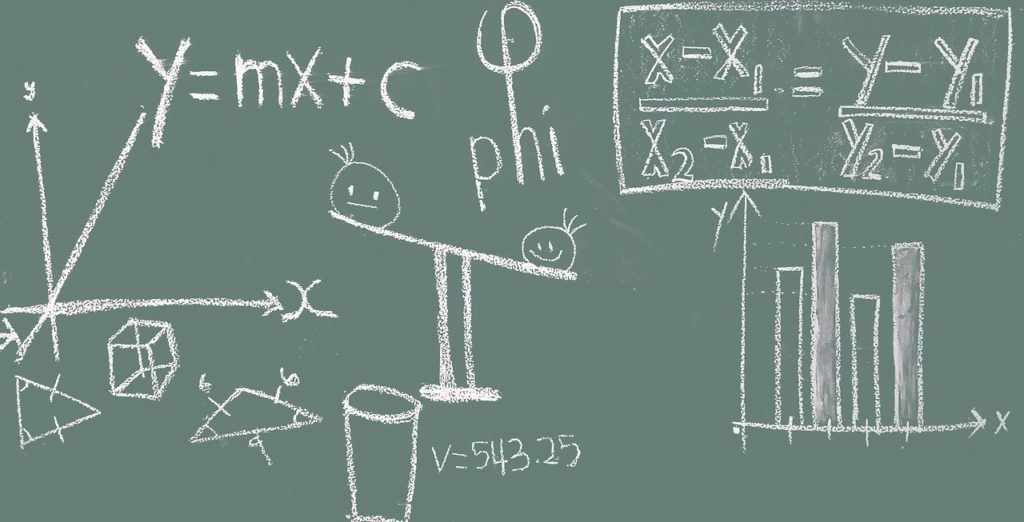
Under normal circumstances, a music radio station’s concert calendar is one of its most popular webpages. Of course, we are not under normal circumstances. In 2020, when the COVID-19 pandemic brought concerts to a standstill, it made sense for radio stations to remove this webpage rather than display an empty schedule.
But the situation is more confusing now. In different places across the country, the impact of the pandemic is being felt differently, and local populations are reacting differently. When there are enough local concerts to warrant the return of the concert calendar is a decision that will have to be made by each station after examining what’s happening at the venues in their markets.
However, there is one thing that is universal: If radio stations want their concert calendar pages to continue to be a strong source of web traffic, they will need to be updated to reflect the new needs of listeners. If concert-goers find that radio station websites no long provide them with the information that they want, they will stop returning — especially if they find another source that meets their needs.
The news about the pandemic is constantly changing: school openings, school closings, mask mandates, mask mandates overturned, virus variants, booster shots, cold weather, etc. At any given moment, different audience members will feel differently about going to concerts, and their feelings may swing wildly. As my colleague Mike Stern told me after attending Lollapalooza this year, “There’s a calculus that you have to do in your head every time you go out now.” While the outcome of this calculus is different for everyone depending on their circumstances and their risk tolerance, we’re all doing the new math.

Prior to the pandemic, the concert calculus was fairly simple: How much do I like the band? How much do tickets cost? Can I find somebody to go with me?
But COVID-19 has introduced new variables into the concert calculus equation: Is the venue indoor or outdoor? How many people will be there? What is the vaccination policy? What is the masking policy? How likely is the act to cancel? These days, concert calculus — like high school calculus — can be exhausting.
 The job of your radio station’s concert calendar webpage is to make that calculus as easy as possible for your listeners. You can do this by putting all of the different calculus variables in one easy-to-read chart. In the past, the concert calendar listed dates, venues, ticket links, and age requirements. Today, at a minimum, a radio station’s concert calendar should also include two new pieces of information: “COVID-19 Policy” and “Refund Policy.” Yes, listeners could go digging for this information on their own, but you don’t want to force them to; after all, they may not come back.
The job of your radio station’s concert calendar webpage is to make that calculus as easy as possible for your listeners. You can do this by putting all of the different calculus variables in one easy-to-read chart. In the past, the concert calendar listed dates, venues, ticket links, and age requirements. Today, at a minimum, a radio station’s concert calendar should also include two new pieces of information: “COVID-19 Policy” and “Refund Policy.” Yes, listeners could go digging for this information on their own, but you don’t want to force them to; after all, they may not come back.
If you haven’t done so in a while, pull up your radio station’s concert calendar page and look at it with a fresh pair of eyes. Ask yourself, “Does this page give me all the information I need to make a decision about going to a concert?” If the answer is no, it’s time for a redesign.
The concert calendar webpage is one of the biggest digital assets a radio station has. Don’t take it for granted.
- A Simple Digital Treat to Thank Your Radio Listeners This Thanksgiving - November 13, 2023
- Interview Questions When Hiring Your Radio Station’s Next Digital Marketing Manager - November 6, 2023
- A Radio Conversation with ChatGPT: Part 2 – Promotions - October 30, 2023





Leave a Reply